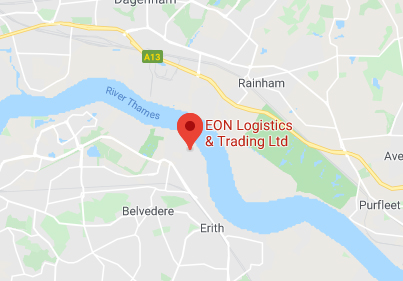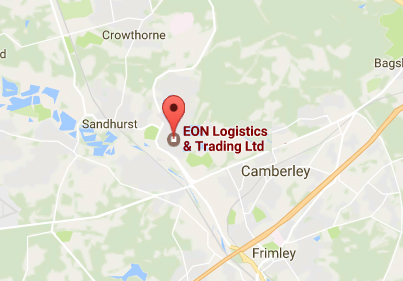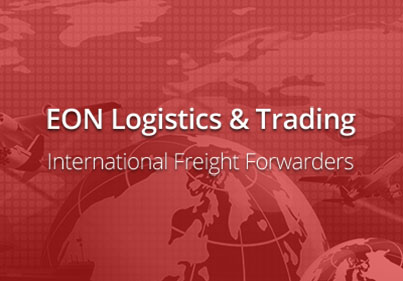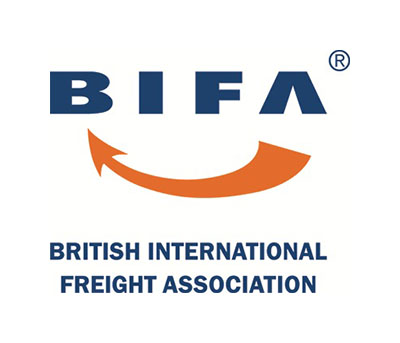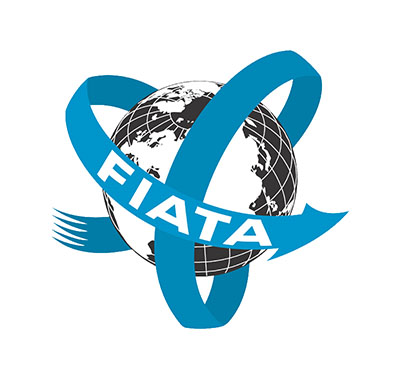Letters of Credit
Letters of Credit for Export payments
What is a Documentary Letter of Credit ?
If you are involved in International Trade, buying or selling goods overseas involves some payment risk. The worldwide web helps buyers and sellers find each other more easily, however, payment for goods and freight shipping services needs to be made with minimal risk of loss by either party. Understandably buyers may not want to pay for goods they may never receive and exporters would be unwise to supply goods, without some guarantee of payment.
This is where using a business Letter of Credit, comes into play. A Documentary Letter of Credit, Transferable Letter of Credit, Standby Letter of Credit, however named, they all have many characteristics in common. Basically a business letter of credit is a safe platform for both the buyer and the seller; it guarantees that the seller will be paid by the buyer’s bank for the agreed costs, if the seller supplies to the bank a correct set of requested documents, proving that the goods have been shipped.
A business letter of credit is one of the most secure payment methods for exporters, so long as you budget for the bank costs; meet all the conditions, then the risk of non-payment transfers from the exporter to the banks. Your bank will have an international trade department which specialise and are experts in all aspects of International Business Letters of Credit. This should be your first port of call for advice and bank costs. Although very long winded, you may also find it useful to print and read the latest Documentary Credit rules as stated within UCP600 and ISP98.
Costs when using a Letter of Credit
Business letters of credit are certainly a safe guarantee for both the seller and the buyer. However, there use increases the costs for the buyers, as at the end of the day the party buying goods pays for all the costs associated with packing, documents and freight shipping the goods to the destination country. This will include the costs of using the services of a bank guaranteed letter of credit, any extra documentation you have included within the letter of credit, courier costs, possible delays in payment and extra administration management bureaucracy costs. It is very important that the buyers and sellers agree between them, to only include documents that the bank really need to be vetting as compliant for the business letter of credit negotiating. Bank fees and penalties are charged when documents have errors and the rule should be; if it’s not a document the bank needs to check, then do not include it in the letter of credit.
Avoiding Documentary Letter of Credit Problems
EON Logistics senior staff has considerable knowledge and experience advising Exporters and Importers considering using Business Letters of Credit for overseas payments. The logical starting point that both buyer and sellers should agree upon, is that both parties are genuine companies, keen to buy products from one another. It should then be agreed that both parties do not wish to waste bank costs, by allowing the bank to suggest making the Letter of Credit documentary requirements be too complicated and does not include any documents that are not absolutely necessary. The purpose of using the letter of credit is for the buyer to be paying the seller once the seller proves the goods have either been shipped, or have been received in the care of the buyers appointed Freight Shipping agents. If a Forwarders Certificate of Receipt for shipment, an Export Ocean Bill of Lading or an Airway Bill and a commercial invoice detailing the purchase order, is all that is really needed, then why not leave it at that. This maybe too minimalist, but it’s a reasonable starting point. If the buyers need lots of other documents for Customs Clearance into his/her country, then do these really need to be checked by a bank clerk who doesn’t need to see them, to find typo errors to incur extra fees and delay the documents reaching the buyers. These other documents could be couriered to the buyers separately, without the bank inspecting or vetting them.
We would recommend that a simple template/proforma Letter of Credit style proposal is exchanged between buyer and sellers, to include only necessary freight shipping documents and agreed payment terms. And once both parties are in agreement, the buyers present this draft letter of credit format to their bankers, to open the letter of credit as per the terms they have both agreed. EON Logistics can assist with a standard letter of credit template.
Alternatives to using Letters of Credit
A letter of Credit, whatever type, is one of many payment methods used in International Trade, using a bank as a third party intermediary to avoid a risk of failed payment. Some of the other payment methods for International Trade Sales are: Open Credit Account, Cash in Advance or Cash against Documents. All of these types of payment have inherent risk levels for Exporters and Importers, examples:
Open Credit Account: Once buyer receives the goods, they could decide not pay the shippers, the costs, for legal action against the buyers in another country, maybe too high to contemplate. If some goods were damaged or missing, the buyer may short-pay the shippers, instead of making a formal claim through their cargo insurers. Or buyers could have cash flow or drawn out payment problems.
Cash in Advance: Buyers maybe reluctant to do this, in case the shipper doesn’t ship, or supply the correct goods and again legal costs may be too punitive to pursue. However, if buyers had an independent and reliable Freight Forwarder in the shippers country, who could receive and check the goods before shipping, then payment could be made before shipment, once the Freight Forwarder has confirmed they have received the correct goods into their care.
Cash Against Documents: Buyers maybe reluctant to use this method of payment, just in case incorrect or not all goods supplied. The Shipper may also be reluctant to accept this method of payment, in case he ships the goods, supplies the documents, then the buyers refuse to pay.
The use of a bank guaranteed irrevocable Letter of Credit or irrevocable Documentary Credit, offers a balanced risk structure for both buyer and shipper and for a fee EON Logistics staff can help you with negotiating the content requirements and complying with the documentary requirements.
For more information about Business Letters of Credit Contact us


